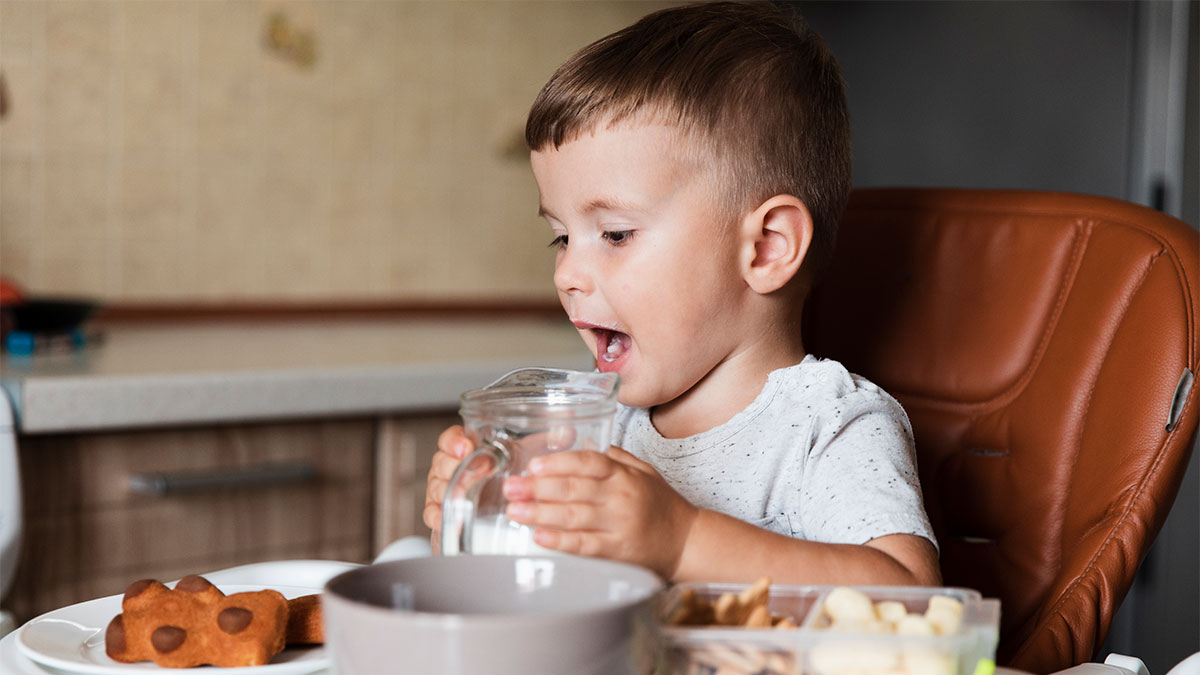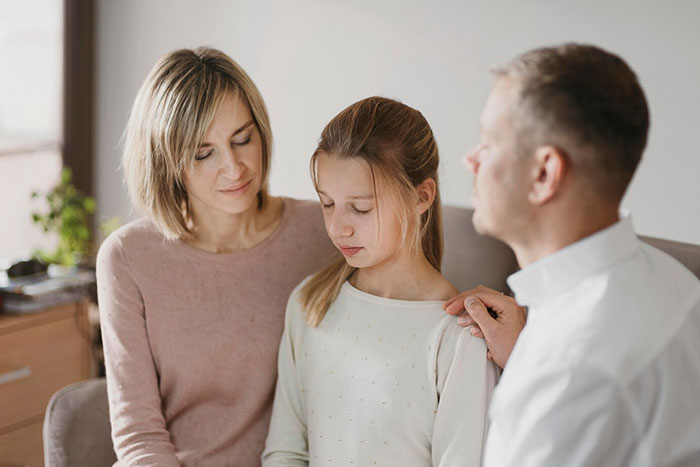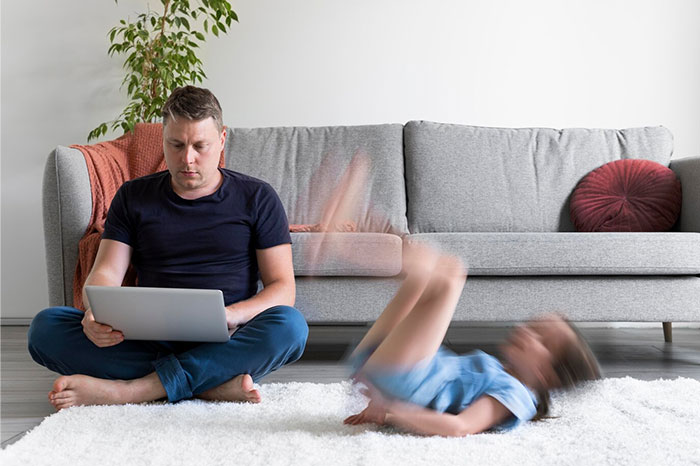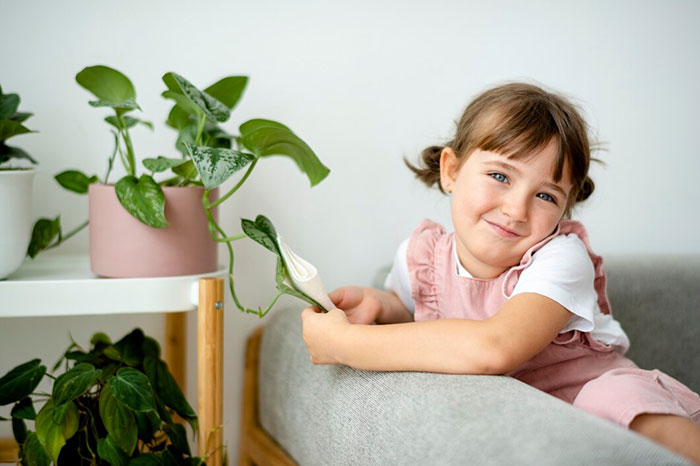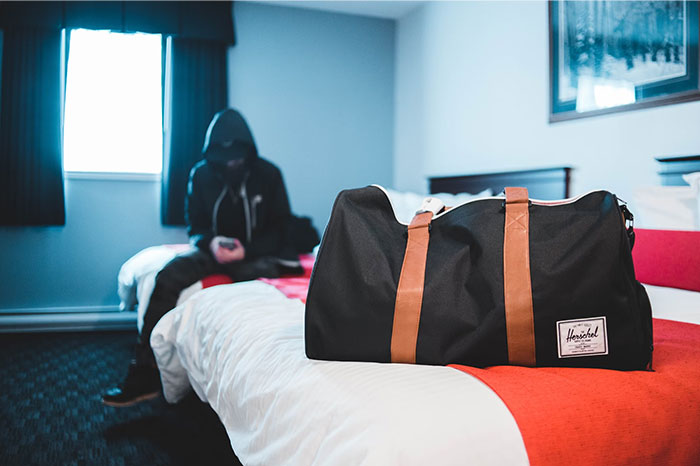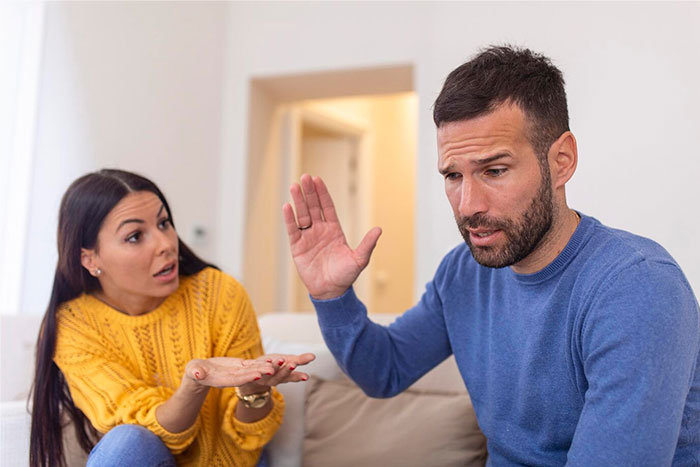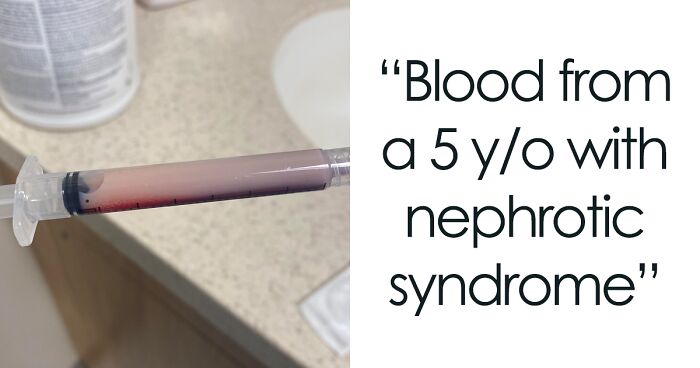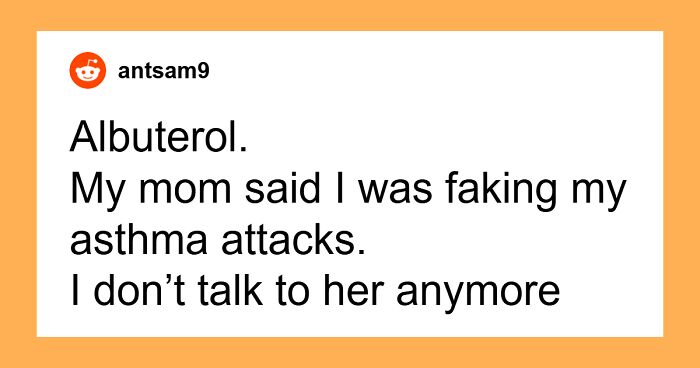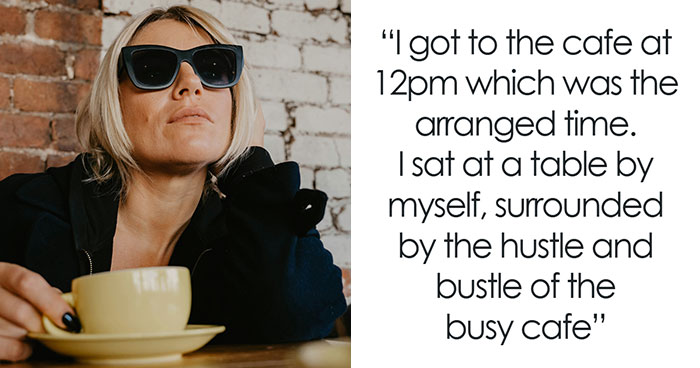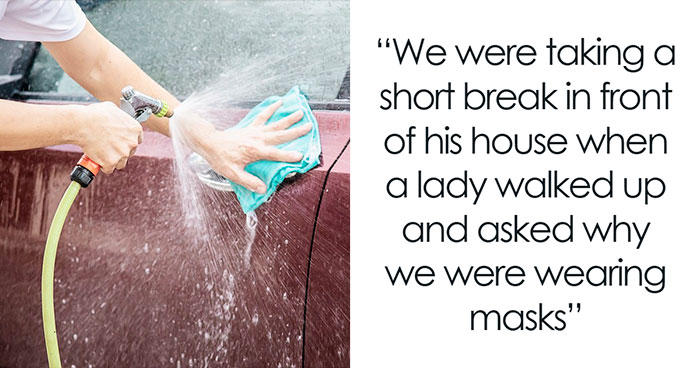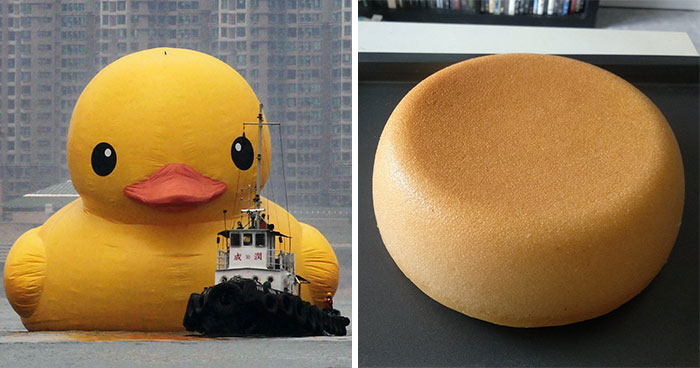Bringing a child into the world is a huge responsibility; not one to be taken lightly. You’re in charge of keeping a human being alive, safe, healthy, happy and shaping them into the best person they can possibly be. Parenting is a lifelong journey and a massive commitment.
There is no such thing as a perfect parent and many will admit they make mistakes along the way. But it’s the magnitude and impact of those mistakes that really matter, and of course, the intent, or lack thereof, behind your actions. Some parents try their best and still stumble. With others, it’s apparent the only thing they’re doing is damaging, neglecting or ruining their kids' lives. They can be considered really bad parents, and should probably have their parenting licenses revoked.
When someone recently asked “What's the first sign a kid has terrible parents?” the internet went wild. The post garnered almost 4,000 responses, and people didn’t hold back. Some netizens gave their views, while others spoke of their personal childhood experiences. Bored Panda has picked the top comments from the post. Keep scrolling for an eye-opening look at the red flags that might mean someone should raise the alarm.
This post may include affiliate links.

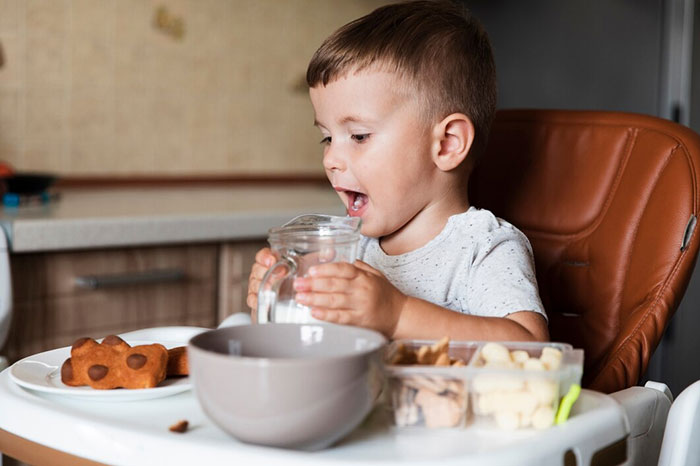 Afraid to Make Mistakes
Afraid to Make Mistakes
They freeze or panic over small things, like spilling a drink.
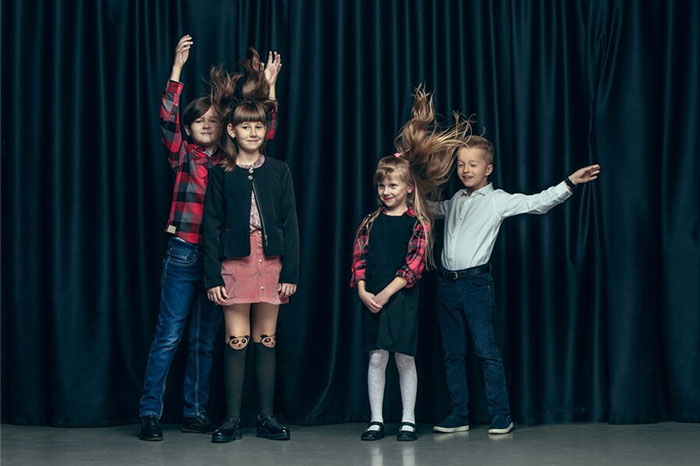 Not wanting to go home. When I was a kid, I did tech theatre. I didn’t really care for it much, but it gave me an excuse to stay at school until 9:00 everyday. By the time I got home my mom was passed out.
Not wanting to go home. When I was a kid, I did tech theatre. I didn’t really care for it much, but it gave me an excuse to stay at school until 9:00 everyday. By the time I got home my mom was passed out.
On the flip side my HS best friend was never at his house. He was always at mine. It’s not good sign when home isn’t comfortable.
I was always inventing something to stay out of my house as long as possible. I participated in all available extracurricular activities, (which made me miserable because I didn't like any of them) and then I studied 2 different degrees (which I can't hate more) ONLY to be able to stay away from my grandmother's violence and my mother's convenient blindness to it. I felt free when both of them finally d1ed, and now I rarely leave my house. I love to be indoors finally enjoying my home in completely safety
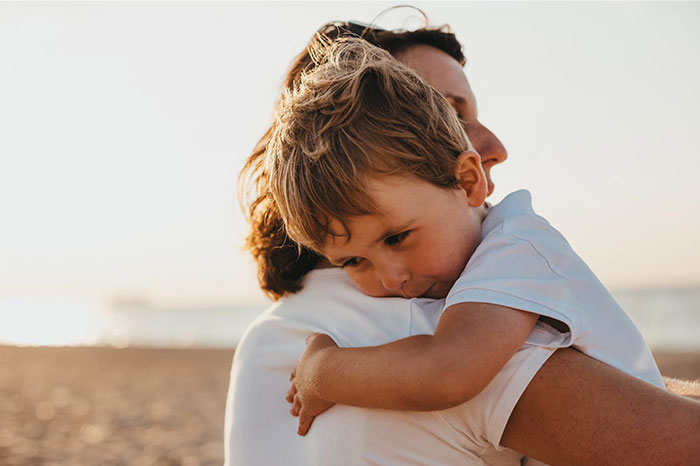 Attaches themselves very quickly and inappropriately to any adult who gives them attention and kindness.
Attaches themselves very quickly and inappropriately to any adult who gives them attention and kindness.
Thankfully, times have changed and we no longer live in the days of "children should be seen and not heard." For the most part, at least. Parents have more information at their fingertips, many are more "woke" than previous generations, and there are lots of organizations and individuals dedicating their time to protecting children.
Still, the Centers For Disease Control (CDC) says mistreatment of children remains common and under-reported. The CDC revealed that at least one in seven American children have suffered at the hands of an adult.
This can be a parent, caregiver, or another person in a custodial role (e.g., a religious leader, a coach, or a teacher) who did something that resulted in harm, the potential for harm, or threat of harm to a child.
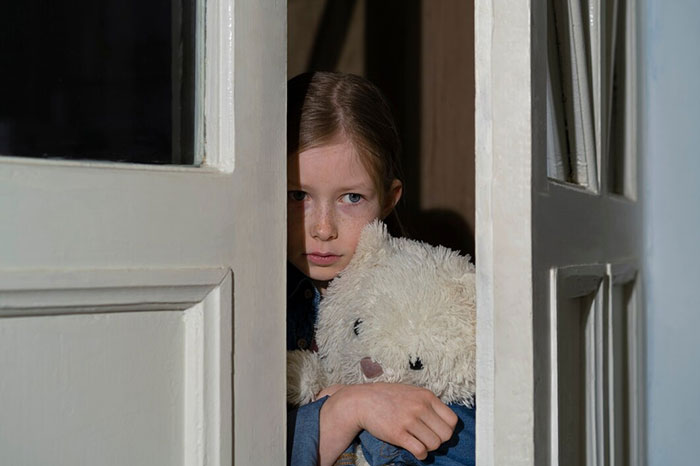 Another behavior I've noticed is the art of becoming invisible the child who tries their best not to be noticed, whether it be at home or in the school environment. They're usually the ones who never raise their hand to answer questions, even though they may know the answer, and they seldom initiate or join conversations. This tendency is not because they're naturally introverted but rather because being unnoticed is their coping mechanism; it's their way of avoiding negative attention or criticism at home, where standing out might not have the best outcomes. They become masters of blending into the background, often coming across as extremely independent, when in reality, it's a learned survival skill that's been ingrained from walking on eggshells around unpredictable caregivers. It's bittersweet when these patterns manifest because on the one hand, they display a certain resilience, but on the other hand, it becomes a barrier to forming healthy, transparent relationships where they feel safe to be seen and heard.
Another behavior I've noticed is the art of becoming invisible the child who tries their best not to be noticed, whether it be at home or in the school environment. They're usually the ones who never raise their hand to answer questions, even though they may know the answer, and they seldom initiate or join conversations. This tendency is not because they're naturally introverted but rather because being unnoticed is their coping mechanism; it's their way of avoiding negative attention or criticism at home, where standing out might not have the best outcomes. They become masters of blending into the background, often coming across as extremely independent, when in reality, it's a learned survival skill that's been ingrained from walking on eggshells around unpredictable caregivers. It's bittersweet when these patterns manifest because on the one hand, they display a certain resilience, but on the other hand, it becomes a barrier to forming healthy, transparent relationships where they feel safe to be seen and heard.
I'm 38 and still struggle with relationships because of this. I've spent my entire life being a people pleaser, when I'm not actively helping others I'm usually just silently sitting there watching everything going on and trying to be invisible until I'm needed again.
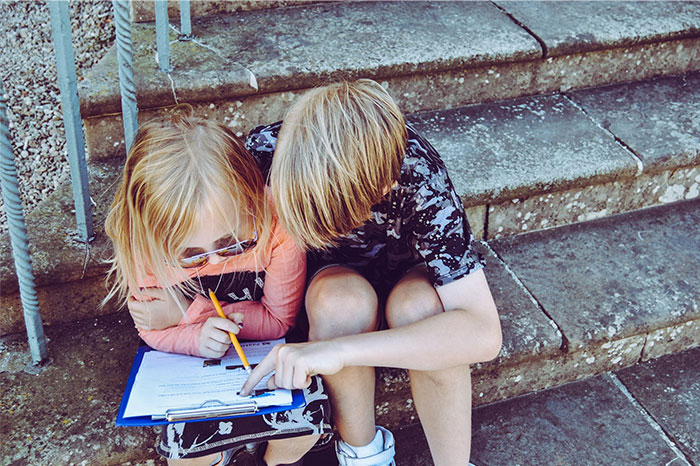 Traumatised/neglected kids are prone to having saviour complexes. This means that they will always put others’ needs before their own, often to a problematic degree. .
Traumatised/neglected kids are prone to having saviour complexes. This means that they will always put others’ needs before their own, often to a problematic degree. .
Well, that explains a lot about my behaviour as an adult. (Parents were loving and not abusive, but some pretty unpleasant s**t went down at school).
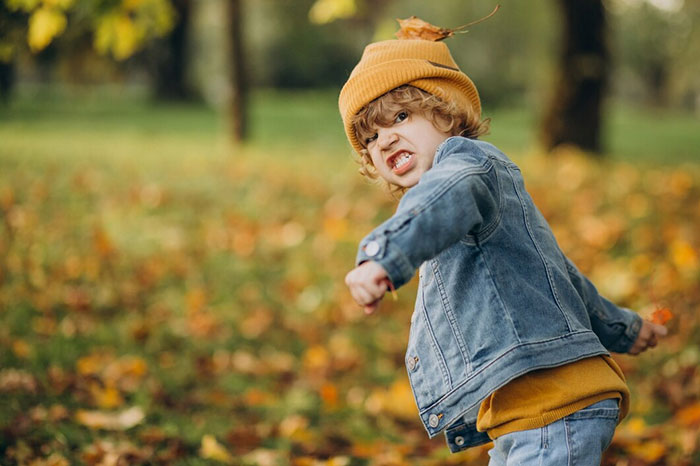 As a teacher, it can be hard to tell, but I would say a kid who is mean and says mean things you somehow know were said to him or her.
As a teacher, it can be hard to tell, but I would say a kid who is mean and says mean things you somehow know were said to him or her.
I had a high school student once who pushed a teacher down the stairs. He was expelled and two years later he was in my classroom. He was interesting, creative and pretty quiet—and then one day, he just picked up a chair and threw it out of a classroom window from the 3rd floor.
The principal was out of the building so I sat with him. He apologized and said he was just a bad kid and that his dad often used a belt on him and he deserved it. I reported suspected abuse to the principal and worked with him on the yearbook and other creative projects that year. Never had a problem with him again and often wonder how he’s doing. He was a nice kid.
OP probably saved that kid’s life and sanity by his or her investment in the kid. One person’s investment can do wonders!
The CDC warns that not caring properly for children can have major short and long-term consequences. They "may suffer immediate physical injuries such as cuts, bruises, or broken bones. They may also have emotional and psychological problems, such as anxiety or post-traumatic stress."
Toxic parenting can result in toxic stress, adds the CDC. This can change brain development and increase the risk for mental health disorders, as well as learning, attention, and memory difficulties.
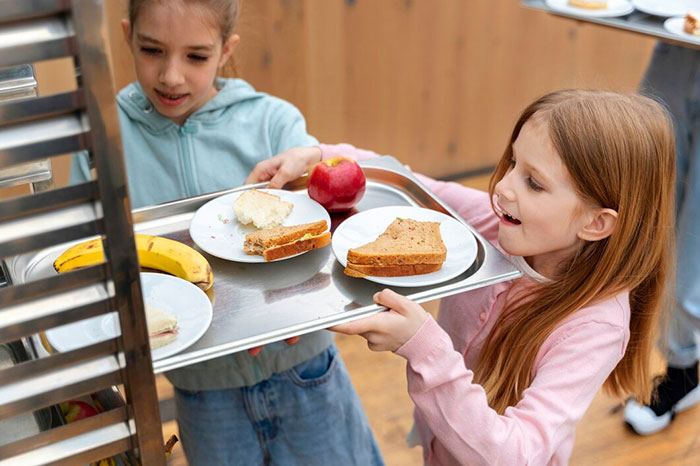 The kid who genuinely eats school breakfasts and lunches with such fervor. He would also ask if he could take a snack or two home for his siblings. When I would meet with him, I had to reassure him many times that it’s ok if he ate his bag of chips for himself, and I would give him another to take home. I would even tell him it would be ok if he ate those too. It broke my heart seeing him like that, trust me, those school meals did not look good… child welfare was called and has been involved but there hasn’t been much change.
The kid who genuinely eats school breakfasts and lunches with such fervor. He would also ask if he could take a snack or two home for his siblings. When I would meet with him, I had to reassure him many times that it’s ok if he ate his bag of chips for himself, and I would give him another to take home. I would even tell him it would be ok if he ate those too. It broke my heart seeing him like that, trust me, those school meals did not look good… child welfare was called and has been involved but there hasn’t been much change.
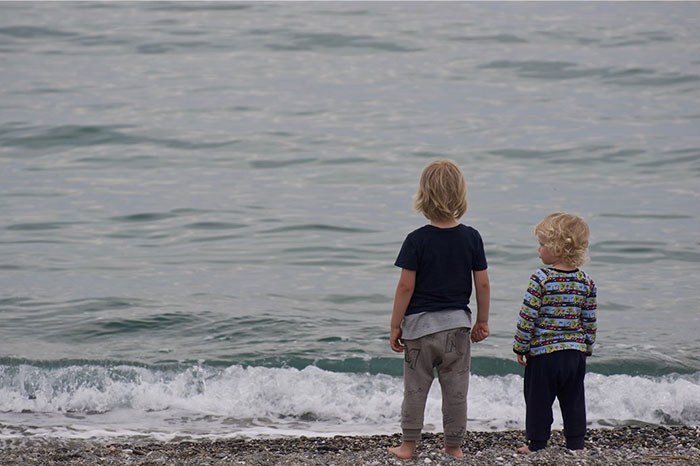 I think being classified as an “old soul” can be an indicator.
I think being classified as an “old soul” can be an indicator.
I was told a lot growing up how mature I was and the reality was that I had to essentially grow up overnight and was raising my little sister because my mom was strung out on d***s, but people didn’t see that until a lot later.
I was also the "old soul" and "mature for my age" when I was a child. Turns out it was probably untreated ADHD 🙃
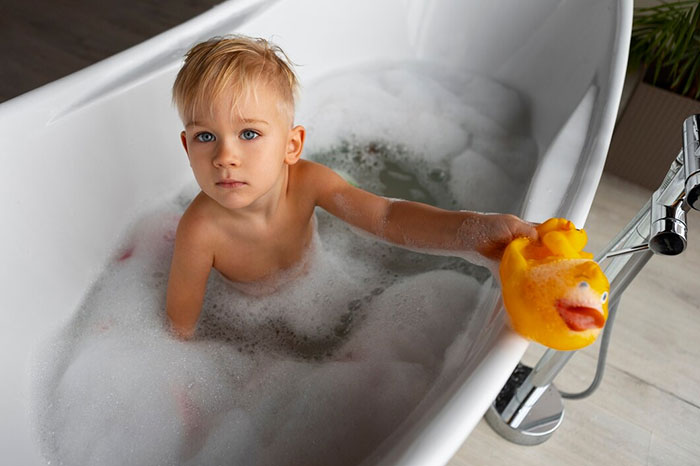 Not being bathed. Distracted, hungry, injured, lethargic, behavior issues, not wanting to go home.
Not being bathed. Distracted, hungry, injured, lethargic, behavior issues, not wanting to go home.
The United Nations International Children's Emergency Fund (UNICEF) has also sounded the alarm about the state of the world's children, with a pop-up page on their site warning that 2024 was 'one of the worst years in UNICEF’s history' for children in conflict.
"Over 473 million children—more than one in six globally—now live in areas affected by conflict, with the world experiencing the highest number of conflicts since World War II. The percentage of the world’s children living in conflict zones has doubled—from around 10 per cent in the 1990s to almost 19 per cent today," reads a UNICEF press release.
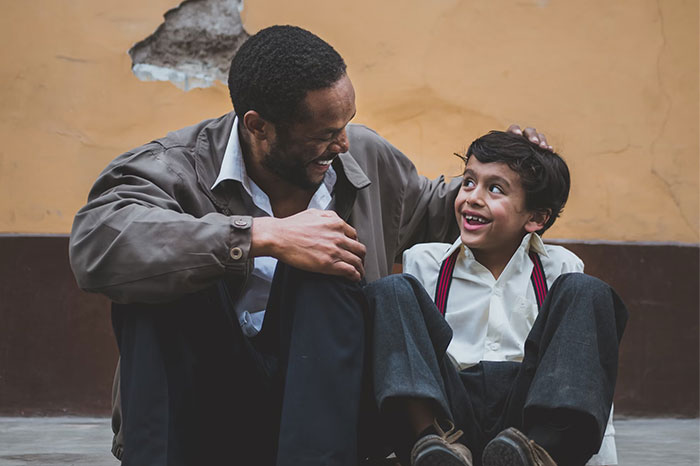 They form an unhealthy attachment to any authority figure and treat any kind adult as a parental figure or friend even when it isn’t appropriate. It makes kids much more vulnerable to further abuse as they believe they’re mature enough for a platonic relationship with grown adults (speaking from experience unfortunately).
They form an unhealthy attachment to any authority figure and treat any kind adult as a parental figure or friend even when it isn’t appropriate. It makes kids much more vulnerable to further abuse as they believe they’re mature enough for a platonic relationship with grown adults (speaking from experience unfortunately).
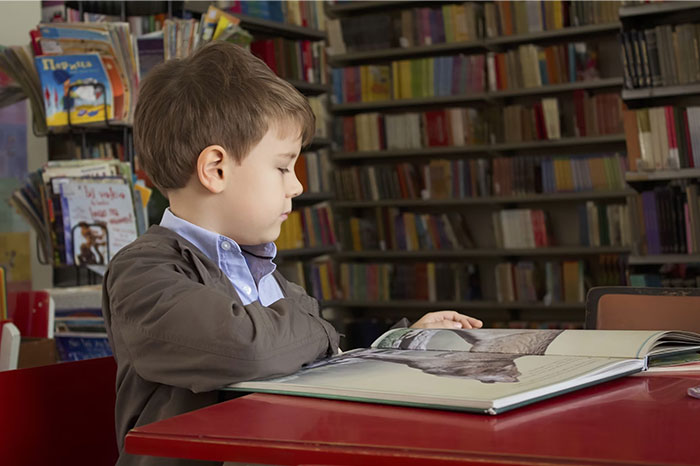 I don’t know if it’s the first sign, but I was teaching a small class of children and one child in particular would speak very negatively of himself, as though someone in his life (like a parent) had said those things to him on many occasions and he’d internalized them. There was one day in particular he’d answered a question incorrectly and then proceeded to call himself stupid over and over. I reassured him he’s not stupid, but you could tell by the look on this poor boy’s face he believed he was.
I don’t know if it’s the first sign, but I was teaching a small class of children and one child in particular would speak very negatively of himself, as though someone in his life (like a parent) had said those things to him on many occasions and he’d internalized them. There was one day in particular he’d answered a question incorrectly and then proceeded to call himself stupid over and over. I reassured him he’s not stupid, but you could tell by the look on this poor boy’s face he believed he was.
EDIT: To those saying it’s not always a sign of bad parenting, yes, I agree with you. Sometimes kids have other issues going on unrelated to parenting. But sometimes kids say these things because they’ve been told them before. You just never know what’s causing it. I didn’t say it’s ALWAYS a sign of bad parenting, but it certainly can be.
I was called (and made to feel) stupid so many times as a kid that I still think of myself as a dumbass even though I have constantly proven in various ways that I am, at worst, occasionally clueless and impulsive.
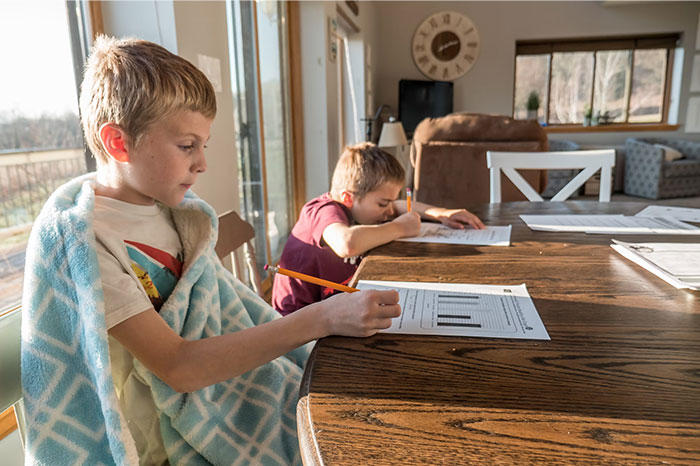 The kid that can't attend anything outside of school hours. I'm not talking about the trouble makers either, I'm talking about high grades overachiever that never gets invited because everyone knows their parents will say no to the smallest inconveniences to their own plans and their parents are highly discriminatory. The gentrified type with snobbish parents. That kids entire life is being run by their parents and they have to comply or their entire existence and support as their kid is questioned by them.
The kid that can't attend anything outside of school hours. I'm not talking about the trouble makers either, I'm talking about high grades overachiever that never gets invited because everyone knows their parents will say no to the smallest inconveniences to their own plans and their parents are highly discriminatory. The gentrified type with snobbish parents. That kids entire life is being run by their parents and they have to comply or their entire existence and support as their kid is questioned by them.
100% chance that kid will have severely lacked social skills and have become a recluse later in life.
Don't ask me how I know.
UNICEF's Executive Director Catherine Russell says that children in war zones face a daily struggle for survival. And this robs them of their childhood.
“They lose not only their safety and access to basic life-sustaining necessities, but also their chance to play, to learn, and to simply be children," warned Russell. "The world is failing these children. As we look towards 2025, we must do more to turn the tide and save and improve the lives of children."
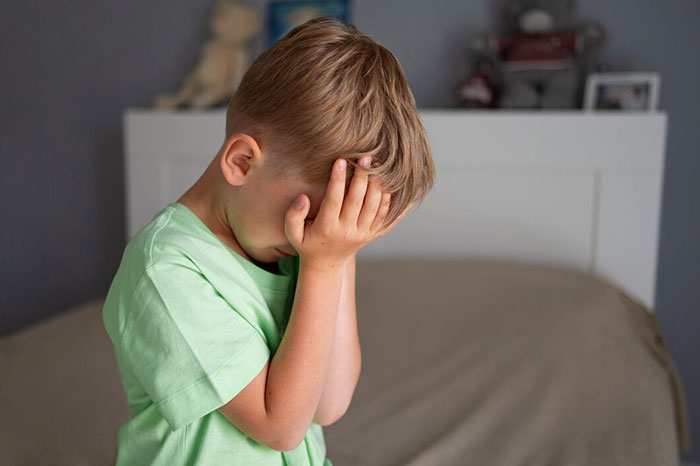 They flinch or jump at the slightest movement
They flinch or jump at the slightest movement
Edit: I know that there are other reasons. Context is also important and everything should be taken into consideration before anything is done in order to do what is best for them.
When I was a kid, at the dinner table one night, I made a comment about something. My dad went to scratch his head, but I "flinched", thinking I was about to be hit again. My dad looked at me with a look on his face that I will never forget. It was like in that moment he realized who he was. I was name after a brother of his that he killed in a hunting accident. No wonder he couldn't look at me.
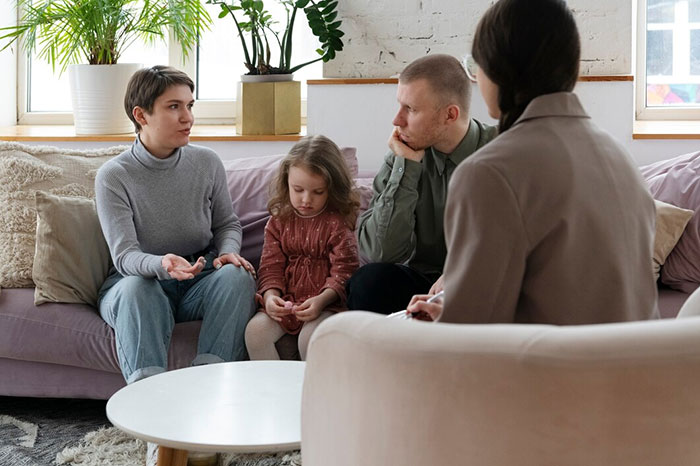 When the parents answer questions asked to the child. My niece wouldn't talk to anybody who wasn't in her immediate family, and me. I'd take her to an ice cream shop, told her she could have the whole menu if she ordered it herself, but she never did. She refused to talk to outside people because her mother always spoke FOR her, so the kid has never had a voice. Imo, that's child abuse.
When the parents answer questions asked to the child. My niece wouldn't talk to anybody who wasn't in her immediate family, and me. I'd take her to an ice cream shop, told her she could have the whole menu if she ordered it herself, but she never did. She refused to talk to outside people because her mother always spoke FOR her, so the kid has never had a voice. Imo, that's child abuse.
I still get my mum to speak for me at times because of my social anxiety. She was not a bad parent.
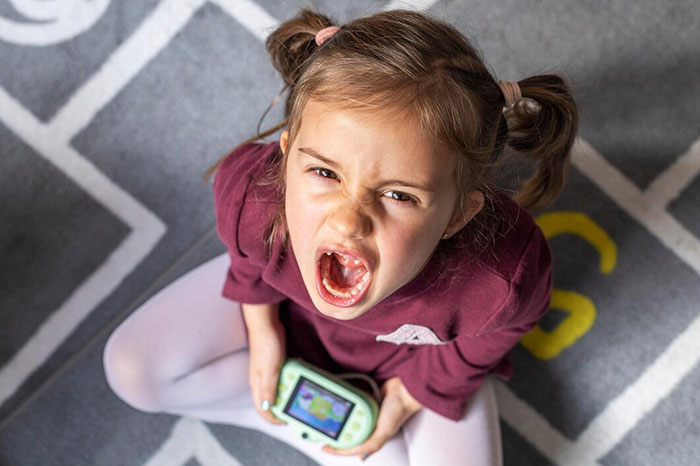 Have no ability to self regulate when told “no”.
Have no ability to self regulate when told “no”.
I'm reading through this list to see if im a bad parent. Me and my husband has traumatic childhood. Well, both sets of parents have accepted their mistakes and are trying to be better grandparents. But I'm on treatment for depression and my husband has anger issues and insecurity. So, we are trying to be better parents. But many a time, I've felt I'm a bad parent.my child throws tantrums when told no, and throw herself at ground and cry, even for simplest reasons. Im trying my best to explain to her the importance of no , and why she can't throw tantrums when she don't get her way. Now I'm wondering if it's because I'm a bad parent.
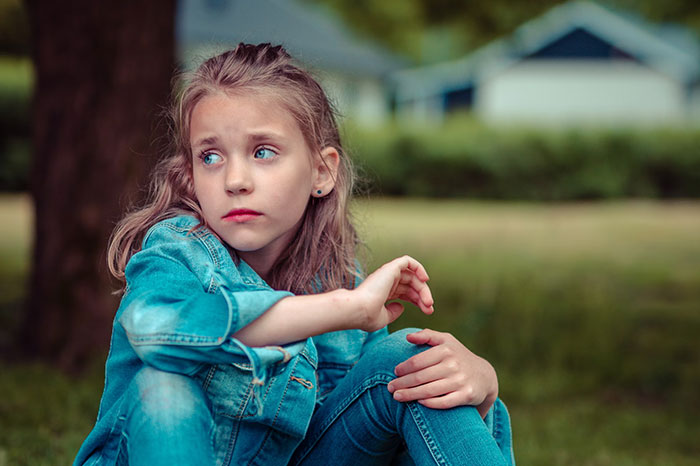 If they say sorry for the slightest inconveniences.
If they say sorry for the slightest inconveniences.
From my experience this comes from always being blamed and shamed by a parent. Nothing you do is right. So you think that the world operates with the same framework as at home. When you are around others, you apologize for fear of how they will perceive you. I never realized I did it until I worked at a job and my coworker told me to stop apologizing all the time.
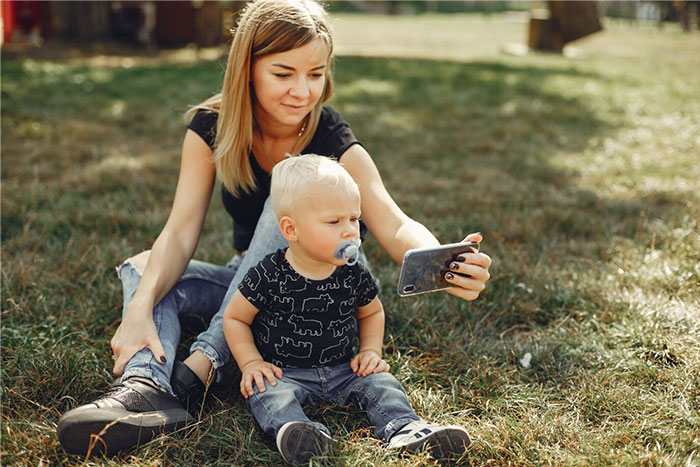 The parent vlog every moment of their lives, monetize them and let strangers call them “nephew or niece”🤮.
The parent vlog every moment of their lives, monetize them and let strangers call them “nephew or niece”🤮.
They don’t prioritize their child’s safety so they can make a buck.
This seems so dangerous to me. I wonder if any of these YouTube kids who've had their whole lives filmed have ever been stalked or abducted?
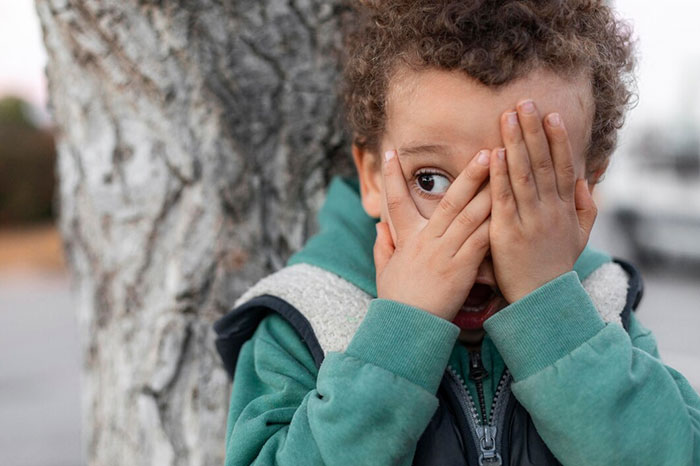 They cover themselves defensively when an adult raises their voice.
They cover themselves defensively when an adult raises their voice.
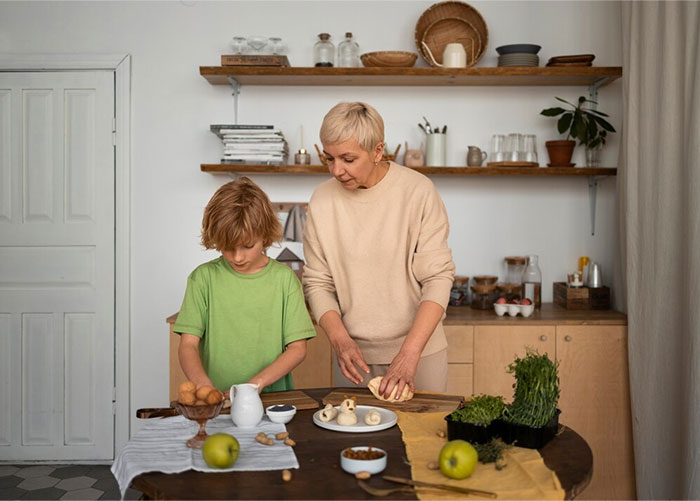 Answering as someone with terrible parents/grandparents who I was also raised by for years of my life:
Answering as someone with terrible parents/grandparents who I was also raised by for years of my life:
When I lived with my grandparents, I was super obedient and didn't talk back to anyone, I was known as the nice and quiet kid who wasn't a problem for anyone.
What was going on behind the scenes, was that I'd get hit if I opposed my grandparents, so I learned that was a bad thing.
With my mom, who is neglectful and puts her boyfriends over us, I don't respect her, I don't like her, so I don't care about what she wants, but I'm not dumb enough to be so rebellious that I'll do anything to jeopardize my future plans.
I saw an example of talking back to teachers, and I can see where that would be the case, but it could also be something to look out for in someone who is overly obedient.
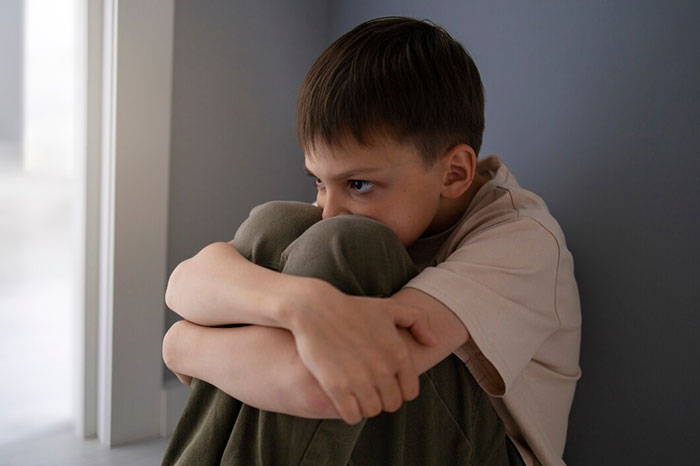 Kid is very drawn away from everyone.
Kid is very drawn away from everyone.
The parents brag about hitting their kid.
The kid shares stories of being hit all the time.
When kids are being hit, then will NEVER share it, because it will ONLY grant MORE hitting
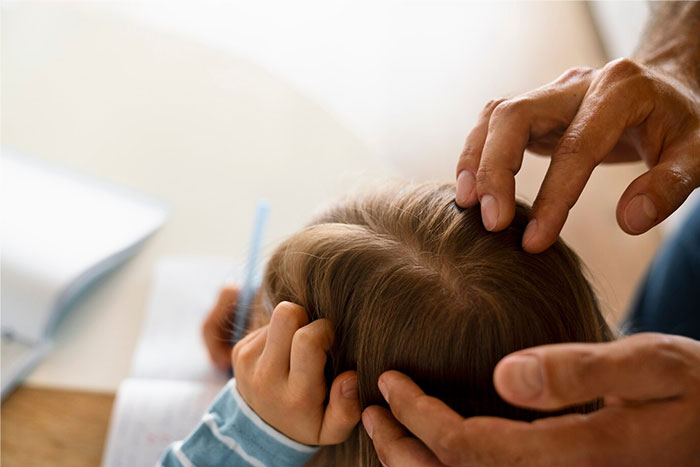 My wife is a teacher. A kid in her class had lice, so they sent her to the office and called the mom. The mom couldn't (wouldn't) come get her. The next day, the kid returned to school, lice and all. The mom did nothing the night before. The poor kid was humiliated when she had to leave class again.
My wife is a teacher. A kid in her class had lice, so they sent her to the office and called the mom. The mom couldn't (wouldn't) come get her. The next day, the kid returned to school, lice and all. The mom did nothing the night before. The poor kid was humiliated when she had to leave class again.
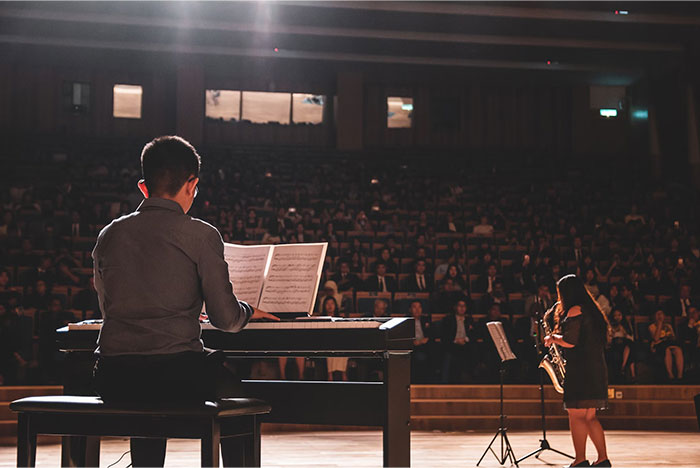 From my own experience, when their parents don’t show up for things, when they aren’t in any extra curricular, they never mention their parents, etc.
From my own experience, when their parents don’t show up for things, when they aren’t in any extra curricular, they never mention their parents, etc.
I hated school events, too, but I sucked it up and went for my kids.
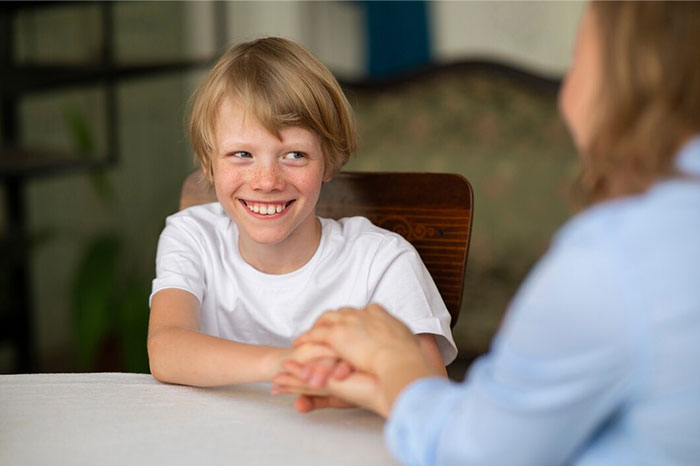 Excessive lying about small things.
Excessive lying about small things.
Self-protection; getting caught disagreeing with my dad or disagreeing with him openly usually provoked a fight or a slap on the mouth, if not worse, which it often did. Secrecy and lies may become survival tools for children whose parents have abused them psychologically and physically, in my experience. Thank God healing is possible if others take the time to understand that we are all human and all need help sometimes!
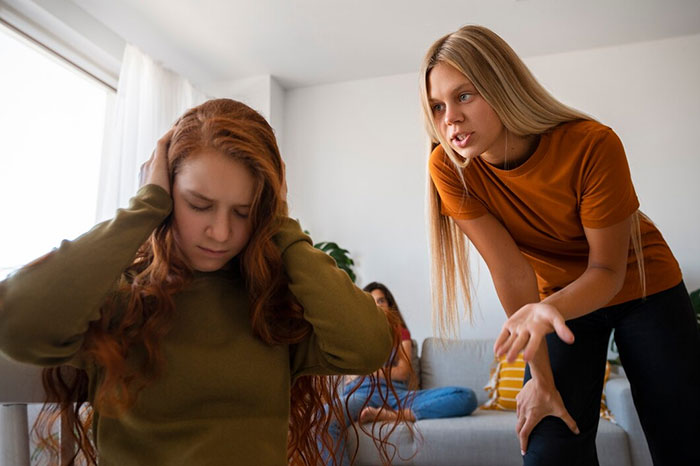 Bullying other kids can be a big red flag.
Bullying other kids can be a big red flag.
Guess how I know?
Or so uninvolved in their kid's life that they're unaware of just how much of a jerk their kid actually is.
Load More Replies... 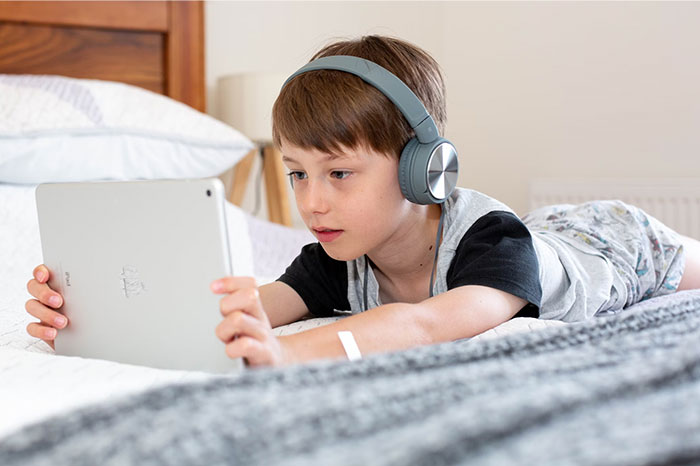 IPad all the time (today I saw a kid walking down the supermarket aisle with one) combined with an inability to accept no as an answer.
IPad all the time (today I saw a kid walking down the supermarket aisle with one) combined with an inability to accept no as an answer.
This this this. It's like are you actively trying to turn your kid into a zombie?
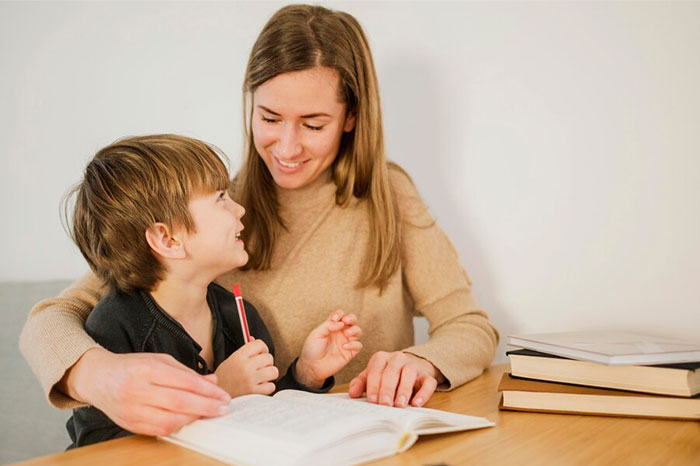 Looks for validation from other adults, like teachers, as a form of love they aren’t receiving at home. This one took me until half way through a PhD to realize….
Looks for validation from other adults, like teachers, as a form of love they aren’t receiving at home. This one took me until half way through a PhD to realize….
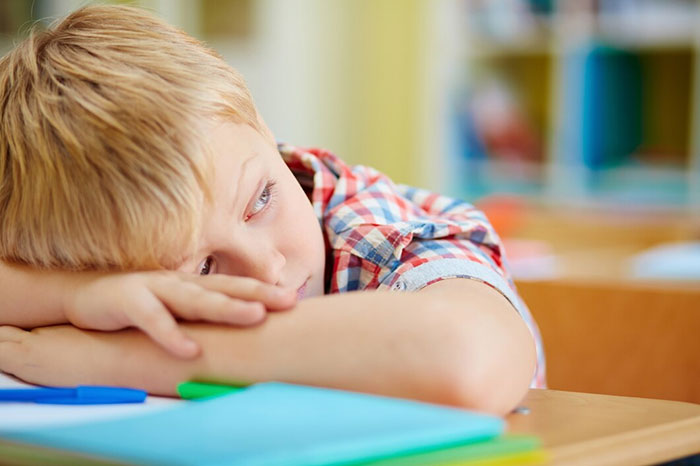 At the middle school age, the tendency to shut down when they are corrected or receive a consequence at school is telling. A well-adjusted kid will get angry or upset with you and some will even tell you what their parents will do if they find out (lose video games or phone or being grounded). They will also tell you not to call, and if you do, they will come in the next day mad at you, and will usually tell you their consequence at home. Think “my mama yelled at me last night because of you!”
At the middle school age, the tendency to shut down when they are corrected or receive a consequence at school is telling. A well-adjusted kid will get angry or upset with you and some will even tell you what their parents will do if they find out (lose video games or phone or being grounded). They will also tell you not to call, and if you do, they will come in the next day mad at you, and will usually tell you their consequence at home. Think “my mama yelled at me last night because of you!”
A kid with abusive/overly harsh parents will kinda just turn off and make themselves small. They don’t bargain with you about calling home, and a lot of times they don’t show up the next day. I rarely call home if I see that reaction…only if it’s a situation where I am told I have to like with failing grades or something.
I only learned the term recently, but my mother's constant abuse during my childhood caused me to learn to "gray rock" early on. I would go completely silent and stare at a wall unfocused as she screamed at me and called me names (I'm adopted and she was especially fond of calling me variations of "gutter trash" like my bio mom apparently was, according to adoptive mom.) Arguing back to my mother in any way resulted in beatings. Sometimes even saying anything during her tirades resulted in beatings, even if I tried to agree with her ("yes, I AM trash".) So - yep, only learned the proper term in the last few years, but I learned to turn off/shut down/"gray rock" within the first decade of my life.
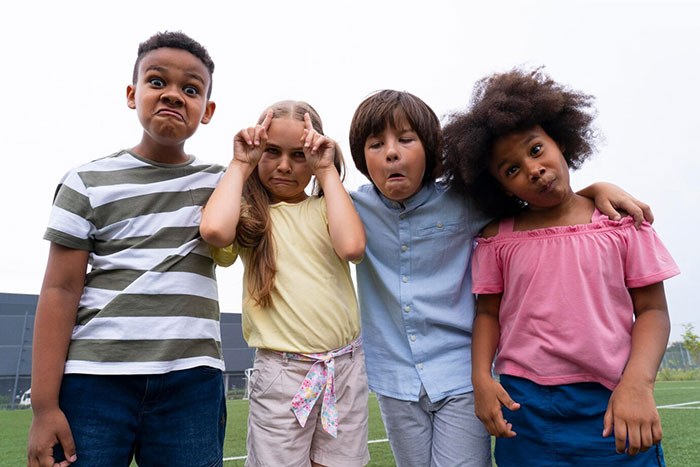 Casual racism.
Casual racism.
Knew a kid who yelled racial abuse at an Indian kid entirely unprovoked (Indian kid was the sweetest little guy and kept trying to be friends, which the other kid wasn't having). It was faaar too easy to guess where that had come from: the first kid's massive POS of a father. Kid idolised that loser, unfortunately, because he just didn't know any better. Thank goodness the mother, a really lovely person, ultimately cut off the loser's visitation rights.
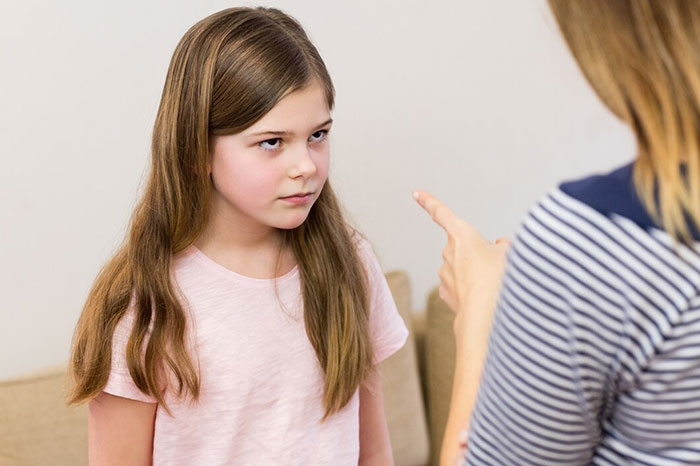 They’re rude even to close friends.
They’re rude even to close friends.
My goddaughter has a "friend" who is like this. They are only 6 years old and this kid is soo rude. She belittles my godchild constantly amd calls her a baby for playing with her toys. Turns out her mother doesn't allow her have toys because she believes 6 is too old for playing!!!! The kid will be so rude and cheeky to adults also. At my godchilds birthday party she asked me why I was so lazy that I wasn't wearing make up and it also made me look ugly. She's related to my goddaughter so that's the only reason they even see her. My friend tells me the kids home life is constant fighting between her parents and a lot of neglect. It's so sad.
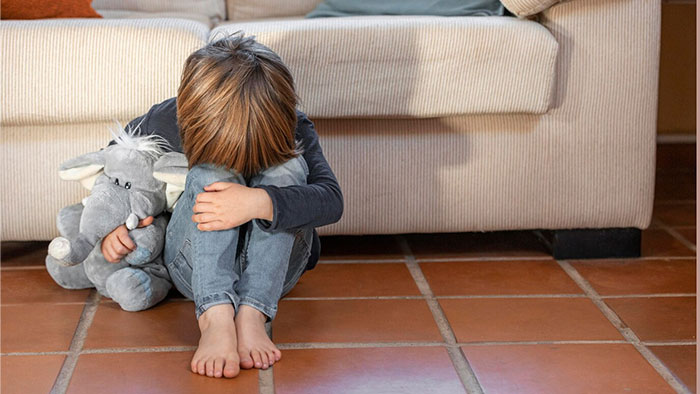 Lack of self-confidence, deeply rooted sentiment of insecurity and lack of affection.
Lack of self-confidence, deeply rooted sentiment of insecurity and lack of affection.
Obviously, there might be different disorders based on the context.
It's a very broad and complex question.
Furthermore, we should take time to get to know someone and not resort to hasty analysis (e.g: "oh he is shy, he must have terrible parents"). That might be part of his/her current personality and change during teenage years.
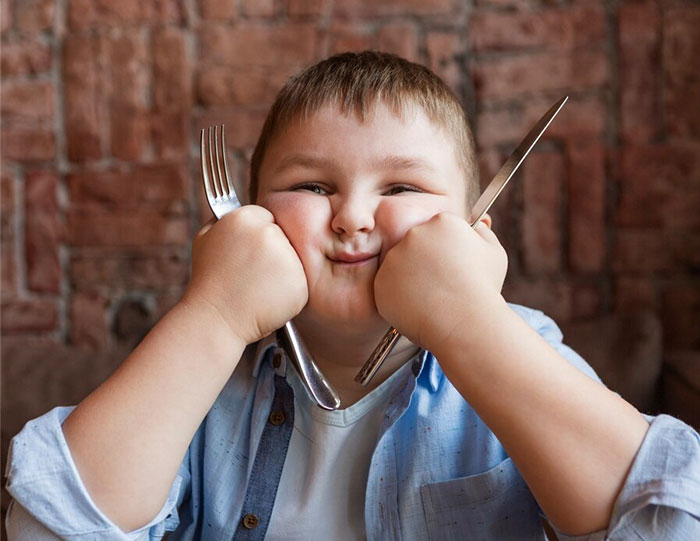 They’re morbidly obese.
They’re morbidly obese.
This is just as likely to be parents who are either poor so only buy junk food, or are uneducated. This is where child protection or medical services need to get involved to teach parents about nutrition and support services.
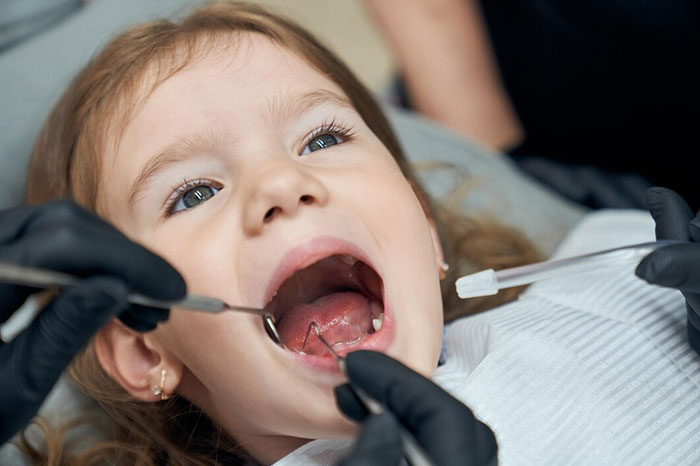 Very bad teeth.
Very bad teeth.
When dentists are as expensive as they are this isn't a sign of bad parenting
 Hyper independence.
Hyper independence.
Again, not necessarily bad parenting. Look at kids with large families or a sibling with profound needs, or just a real stubborn streak. Depending on the age, kids who spend more time in the outdoors, especially with a lot of camping etc, show independence ahead of peers. Anyone with sensory issues can seem hyper independent in kindergarten because you just need to get away from the chaos. Don't assume bad parenting.
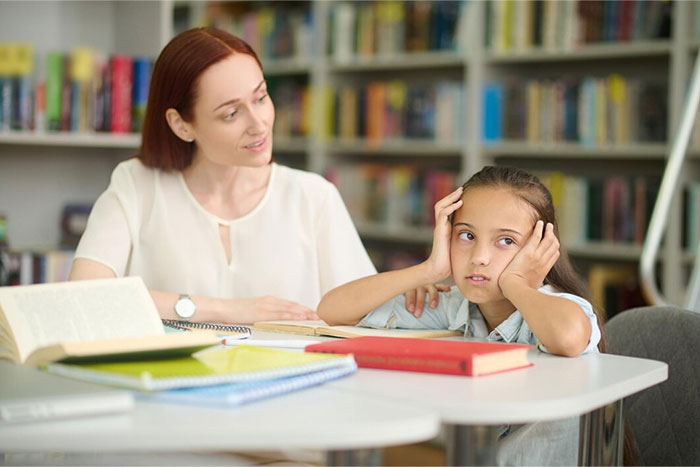 Talking back to teachers for attention.
Talking back to teachers for attention.
In fact, attention-seeking behavior in general.
I feel like some of these should be attributed to poverty, which I don't necessarily attribute to the parents so much as the society and the (lack of a) social safety net (cough, cough, America)
I was in my 40s before it really hit me that the reason I get so stressed when someone ELSE breaks the rules is that when I was young, if anyone broke the rules, it was everyone's fault. My parent might start out being angry with the one who broke the rule, but it escalated and escalated until they were angry at everybody and everything, and it just became our habit to get angry, or afraid, or stressed out when someone broke the rules because eventually it affected all of us. The trick was not to do anything to rock the boat. Stay invisible. Do exactly what you're told and keep the mouth firmly shut at all times.
Same but for school. I spent 4 years constantly punished for things somebody else did, and now rule breaking behaviour by others makes me very uncomfortable, more than if I'm the one doing it. Never realized the connection till now. Thanks!
Load More Replies...I lived in as a nanny for two very young children for almost three years. The parents were calm, peaceable, lovely people who spent quality time with their kids and were wonderful with them. Despite that, the older child, who was extraordinarily energetic, was aggressive to the point of being a bully and had little idea of boundaries. Most days, his behavior was exhausting. From an outsider's perspective, it might have appeared that his parents were the problem, but they were not to blame. It's good to be alert to the abuse or neglect of children but not always correct to jump to the conclusion that something is very wrong in the household. Fortunately, in this situation, as the boy matured, he calmed down and became a joy to be around.
It’s interesting how many of these also apply on children with chronic illnesses. Not the dirty and hungry but old soul, putting others before themselves, disassociating and similar. I grew up in a very loving family but the amount of pain and emotional trauma hospitals, total control, constant blood tests and injections caused was significant. Lots of similarities when compared to kids above.
These are all signs of concern, but can't just be proscribed to bad parenting, neglect/abuse. There are a lot of reasons why kids might be traumatized or not want to go home etc even with good parents. The food ones especially, it's not down to bad parenting but bad situations if theres not enough to eat at home and often the parents are eating less. I was always eating ravenously when I was a kid, and it took three doctors to figure ou5 my body doesn't absorb B12 as easily as others (genetic condition) and it means without supplements my appetite is crazy. Blame parents for this fs that are their fault, there's plenty, but don't pretend every parent with a kid who is upset or stressed is the cause.
Refusing to come to parent meetings about their child's behaviour. No matter how many times the school rearranges the meeting time, they just don't show up. I wonder if parents in South Africa know that ignoring the problem won't make it go away. Because if there are no signed forms about a child's progress, the teachers keep careful records of when and how they tried to contact parents and send those to the education department instead. You can refuse to sign all you want, if your child is going to fail, there's nothing you can do about it - the department decides, not you or the teachers.
I feel like some of these should be attributed to poverty, which I don't necessarily attribute to the parents so much as the society and the (lack of a) social safety net (cough, cough, America)
I was in my 40s before it really hit me that the reason I get so stressed when someone ELSE breaks the rules is that when I was young, if anyone broke the rules, it was everyone's fault. My parent might start out being angry with the one who broke the rule, but it escalated and escalated until they were angry at everybody and everything, and it just became our habit to get angry, or afraid, or stressed out when someone broke the rules because eventually it affected all of us. The trick was not to do anything to rock the boat. Stay invisible. Do exactly what you're told and keep the mouth firmly shut at all times.
Same but for school. I spent 4 years constantly punished for things somebody else did, and now rule breaking behaviour by others makes me very uncomfortable, more than if I'm the one doing it. Never realized the connection till now. Thanks!
Load More Replies...I lived in as a nanny for two very young children for almost three years. The parents were calm, peaceable, lovely people who spent quality time with their kids and were wonderful with them. Despite that, the older child, who was extraordinarily energetic, was aggressive to the point of being a bully and had little idea of boundaries. Most days, his behavior was exhausting. From an outsider's perspective, it might have appeared that his parents were the problem, but they were not to blame. It's good to be alert to the abuse or neglect of children but not always correct to jump to the conclusion that something is very wrong in the household. Fortunately, in this situation, as the boy matured, he calmed down and became a joy to be around.
It’s interesting how many of these also apply on children with chronic illnesses. Not the dirty and hungry but old soul, putting others before themselves, disassociating and similar. I grew up in a very loving family but the amount of pain and emotional trauma hospitals, total control, constant blood tests and injections caused was significant. Lots of similarities when compared to kids above.
These are all signs of concern, but can't just be proscribed to bad parenting, neglect/abuse. There are a lot of reasons why kids might be traumatized or not want to go home etc even with good parents. The food ones especially, it's not down to bad parenting but bad situations if theres not enough to eat at home and often the parents are eating less. I was always eating ravenously when I was a kid, and it took three doctors to figure ou5 my body doesn't absorb B12 as easily as others (genetic condition) and it means without supplements my appetite is crazy. Blame parents for this fs that are their fault, there's plenty, but don't pretend every parent with a kid who is upset or stressed is the cause.
Refusing to come to parent meetings about their child's behaviour. No matter how many times the school rearranges the meeting time, they just don't show up. I wonder if parents in South Africa know that ignoring the problem won't make it go away. Because if there are no signed forms about a child's progress, the teachers keep careful records of when and how they tried to contact parents and send those to the education department instead. You can refuse to sign all you want, if your child is going to fail, there's nothing you can do about it - the department decides, not you or the teachers.

 Dark Mode
Dark Mode 

 No fees, cancel anytime
No fees, cancel anytime 


